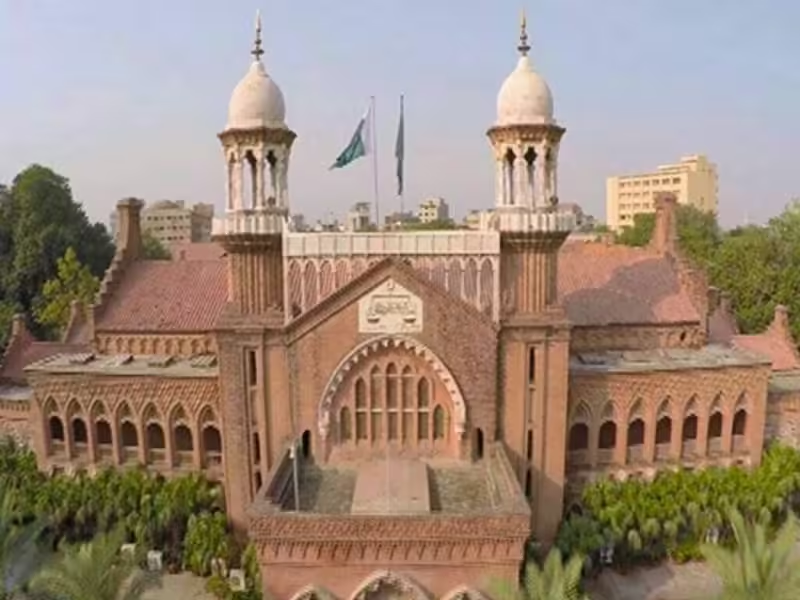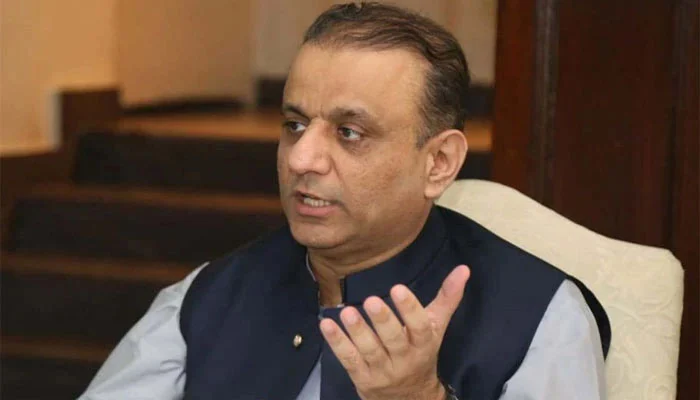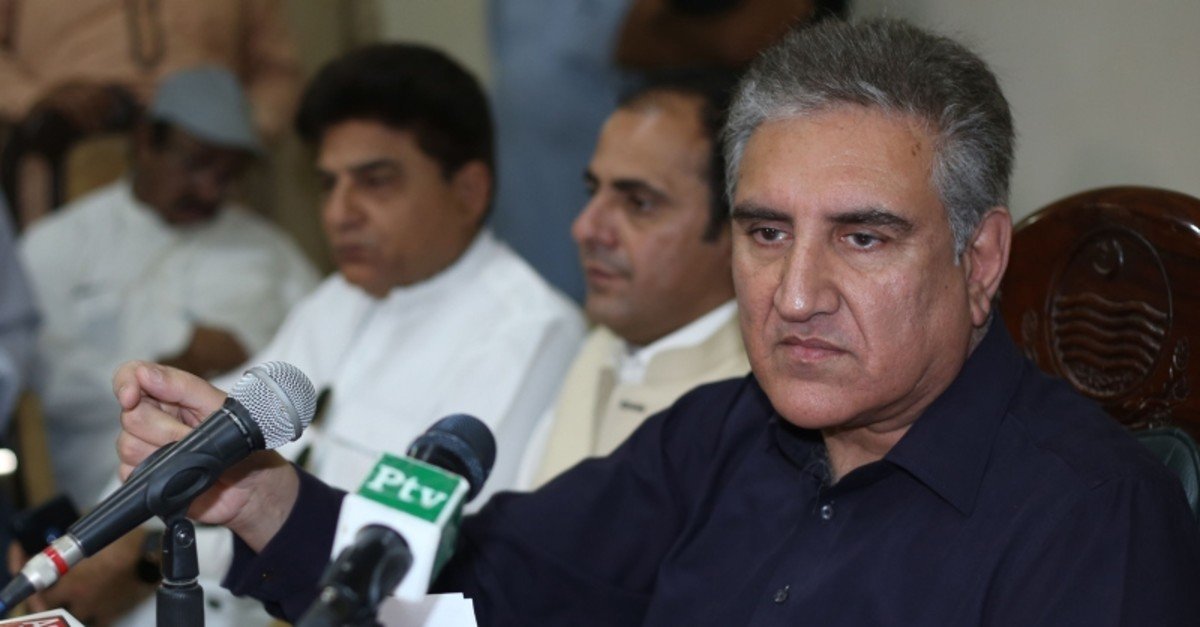The Lahore High Court (LHC) has issued notices to the federal government, the Election Commission of Pakistan (ECP), and other relevant parties concerning a case related to amendments in the Election Act.
Justice Muhammad Raza Qureshi of the LHC presided over the hearing of an application filed by Advocate Muneer Ahmed challenging the amendment. The application lists the Senate chairman, National Assembly speaker, prime minister, opposition leader, and various political parties as respondents.
During the hearing, the assistant attorney general requested an adjournment, citing the unavailability of the additional attorney general due to a busy schedule. However, the applicant’s lawyer, Azhar Saddique, argued that the court had already issued a notice under Article 27A to the Attorney General of Pakistan, making the additional attorney general’s appearance unnecessary.
Azhar Saddique also emphasized that the Supreme Court had instructed for an immediate verdict on the application and that the court was expected to rule under Article 187, Section 2 of the Constitution.
The lawyer argued that the Election Act had been amended retroactively, which, according to him, is not permissible under the law. As a result, the LHC issued notices to the federal government and others, adjourning the case until September 9.
In a previous hearing on August 24, LHC’s Justice Shakeel Ahmad issued a two-page written verdict. The petitioner argued that four amendments were made to the Election Act to overturn a Supreme Court decision regarding reserved seats, without the approval of the relevant committee or proper consultation.
Another petition was filed by Citizen Mashkoor Hussain through Nadeem Sarwar, also challenging the amendment. Additionally, the Pakistan Tehreek-e-Insaf (PTI) has contested the amendment in the Supreme Court, claiming it violates the Constitution and is intended to undermine the party.
Election Act Amendment Overview
On August 8, President Asif Ali Zardari signed the controversial Election Act Amendment Bill 2024 into law. The Senate passed the bill by a majority vote on August 6, despite opposition protests led by PTI.
The amendment stipulates that candidates who do not submit a party certificate before obtaining an election symbol will be considered independent. It also mandates that if a list of candidates for reserved seats is not submitted within the specified period, the political party will lose its entitlement to those seats. Furthermore, any candidate’s declaration of affiliation with a political party is now considered irrevocable.
Supreme Court Verdict on Reserved Seats
Last month, a 13-member full court bench of the Supreme Court, led by Chief Justice Qazi Faez Isa, delivered a verdict on a petition related to reserved seats, brought by the Sunni Ittehad Council (SIC). The ruling annulled decisions by the Peshawar High Court and the Election Commission, ordering that reserved seats be allocated to the PTI, with Justices Aminuddin Khan and Naeem Afghan dissenting from the majority opinion.
The Lahore High Court (LHC) has issued notices to the federal government, the Election Commission of Pakistan (ECP), and other relevant parties concerning a case related to amendments in the Election Act.
Justice Muhammad Raza Qureshi of the LHC presided over the hearing of an application filed by Advocate Muneer Ahmed challenging the amendment. The application lists the Senate chairman, National Assembly speaker, prime minister, opposition leader, and various political parties as respondents.
During the hearing, the assistant attorney general requested an adjournment, citing the unavailability of the additional attorney general due to a busy schedule. However, the applicant’s lawyer, Azhar Saddique, argued that the court had already issued a notice under Article 27A to the Attorney General of Pakistan, making the additional attorney general’s appearance unnecessary.
Azhar Saddique also emphasized that the Supreme Court had instructed for an immediate verdict on the application and that the court was expected to rule under Article 187, Section 2 of the Constitution.
The lawyer argued that the Election Act had been amended retroactively, which, according to him, is not permissible under the law. As a result, the LHC issued notices to the federal government and others, adjourning the case until September 9.
In a previous hearing on August 24, LHC’s Justice Shakeel Ahmad issued a two-page written verdict. The petitioner argued that four amendments were made to the Election Act to overturn a Supreme Court decision regarding reserved seats, without the approval of the relevant committee or proper consultation.
Another petition was filed by Citizen Mashkoor Hussain through Nadeem Sarwar, also challenging the amendment. Additionally, the Pakistan Tehreek-e-Insaf (PTI) has contested the amendment in the Supreme Court, claiming it violates the Constitution and is intended to undermine the party.
Election Act Amendment Overview
On August 8, President Asif Ali Zardari signed the controversial Election Act Amendment Bill 2024 into law. The Senate passed the bill by a majority vote on August 6, despite opposition protests led by PTI.
The amendment stipulates that candidates who do not submit a party certificate before obtaining an election symbol will be considered independent. It also mandates that if a list of candidates for reserved seats is not submitted within the specified period, the political party will lose its entitlement to those seats. Furthermore, any candidate’s declaration of affiliation with a political party is now considered irrevocable.
Supreme Court Verdict on Reserved Seats
Last month, a 13-member full court bench of the Supreme Court, led by Chief Justice Qazi Faez Isa, delivered a verdict on a petition related to reserved seats, brought by the Sunni Ittehad Council (SIC). The ruling annulled decisions by the Peshawar High Court and the Election Commission, ordering that reserved seats be allocated to the PTI, with Justices Aminuddin Khan and Naeem Afghan dissenting from the majority opinion.



